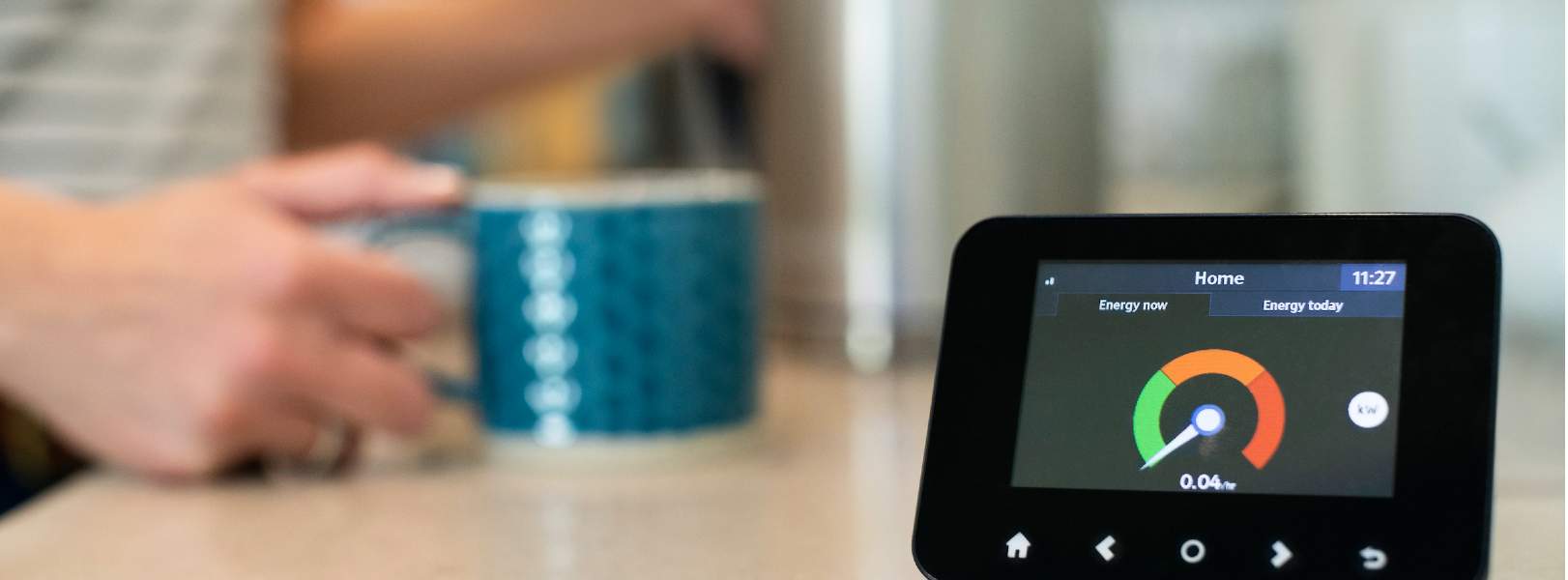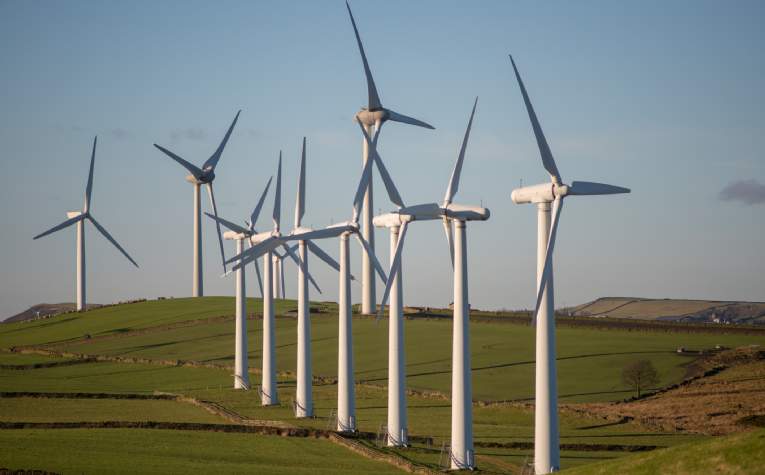With energy bills and inflation dominating the headlines and winter fast approaching, the energy efficiency of our homes will be front of mind for many. In fact, when we asked buyers and sellers back in August, a majority (77 per cent) said that the prospective energy consumption of their next home has become more important to them.
This is especially true for those looking to purchase a property below £500,000. With this cohort of buyers likely to have less equity behind them, energy costs will make up a larger proportion of earnings, and as a result more than four in five (82 per cent) respondents stated it was now a more important consideration for them.
But when we asked the same people what energy efficiency improvements they had considered over the past year, it’s clear that barriers remain to implementing some of the most effective solutions.
Promisingly, as many as a quarter of buyers and sellers that we spoke to had investigated installing solar panels in their homes, but then just 5 per cent had actually undertaken the work. Similarly, around one fifth had looked into installing an air source heat pump, but only 4 per cent had done so.
Rather, easy fixes, such as low-energy lighting or replacement boilers, are the most likely to have been both investigated and implemented as the upfront cost is much more manageable, payback is more immediate and the technology is better established.
Regardless of government grants, larger improvements are not cheap. The Energy Saving Trust estimates that a typical air source heat pump installation costs around £6,000 to £8,000 and a ground source heat pump installation can cost between £10,000 and £18,000.
While the payback on more substantial improvements, such as solar panels and air source heat pumps, is much more significant in the long run, upfront costs and the complex nature of this technology is putting us off.
Even with the energy price guarantee coming into effect, household bills are on the rise, and the payback period for improvements is decreasing quickly. But, as more and more importance is placed on our homes’ energy performance, it’s not just going to be about a long-term saving on running costs but also future-proofing its value.
Savills analysis finds that the residential property sector is responsible for a fifth of the UK's carbon emissions, so going forward it is vital that the Government provides consumers with the resources and investment that is needed to significantly cut our reliance on fossil fuel heating.


-be-a-significant-emerging-asset-class-in-europe(1).jpg)
.jpg)
.jpg)
.jpg)




.jpg)